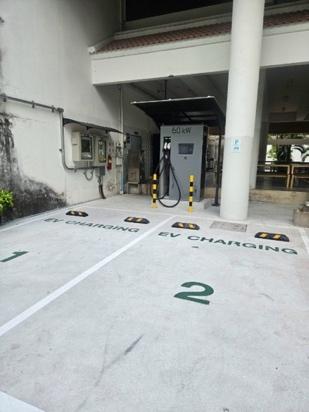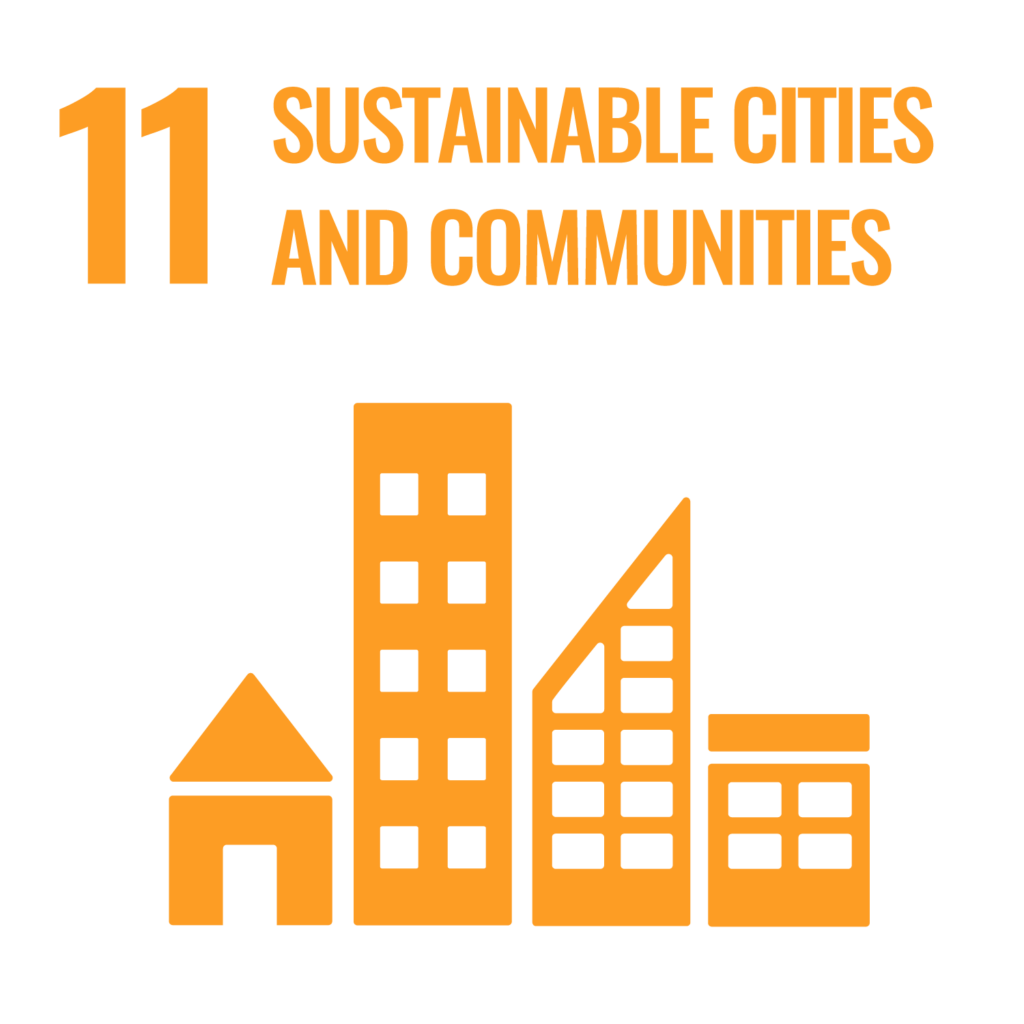Reporters: Dr. Jaray Suwannachart, Asst.Prof.Dr. Tachaya Sangkakool, Asst.Prof.Surawat Moogem, Tussawan Thong-on, Natrada Boonthad and Natpakal Poolperm
Evidence Date: October 25, 2024
Related Indicators: 11.4.1
Details: Supporting details and pictures
Rajamangala University of Technology Srivijaya (RUTS) has initiated a project to install Electric Vehicle (EV) Charging Stations across all its campuses. The primary intent is to integrate sustainable development into the institution’s core mission. This project is not merely a public service but a strategic action addressing Sustainable Development Goal 11 (SDG 11): Make cities and human settlements inclusive, safe, resilient, and sustainable, specifically through the lens of sustainable transport and environmental impact reduction
ntegrated Objectives and Key Benefits
The establishment of on-campus EV charging stations is intended to yield benefits across four key dimensions, serving as crucial mechanisms for driving the concepts of a Sustainable University and a Carbon Neutral Campus.
1. Academic and Research Benefits
The charging stations function as Living Labs for students and researchers, particularly in the fields of Electrical Engineering, Energy, Architecture, and Automotive Technology. They offer students practical experience in the installation, maintenance, and management of electrical power systems. Furthermore, they serve as a critical data source for in-depth research on alternative energy, Smart Grid systems, and charging technology innovation. This directly supports education in Green Innovation and the sustainable university concept.
2. Environmental Benefits
This project directly implements the Green University policy by promoting the use of clean energy and supporting the reduction of greenhouse gas emissions. If the charging stations are linked to the university’s existing solar power system, it will significantly accelerate the university’s goal of achieving Carbon Neutral Campus status—a vital mechanism for sustainable cities and communities under SDG 11.
3. Service and Welfare Benefits
Providing easily accessible electric charging infrastructure on campus acts as a catalyst and facilitator for staff and students to transition to electric vehicles, which incur lower energy costs and have a reduced environmental footprint, thereby enhancing the quality of life and welfare within the campus.
4. Economic and Institutional Benefits
The investment in this green infrastructure clearly projects an image of a Smart Campus and demonstrates the university’s environmental responsibility (Green Brand). This strengthens the institution’s reputation and credibility at regional and national levels, aligning with the trend of higher education institutions prioritizing sustainable development.



Figure 1-3 : On-Campus Electric Vehicle (EV) Charging Station.
The station is situated within the Faculty of Electrical Engineering and is designated as a Living Lab. The facility is maintained and managed collaboratively by faculty members and students, fulfilling the academic and research objectives previously described in the text (e.g., providing hands-on experience in electrical power system management and green innovation research).
Related Links:
https://www.facebook.com/photo.php?fbid=9744707308909187&set=pb.100001100447570.-2207520000&type=3




